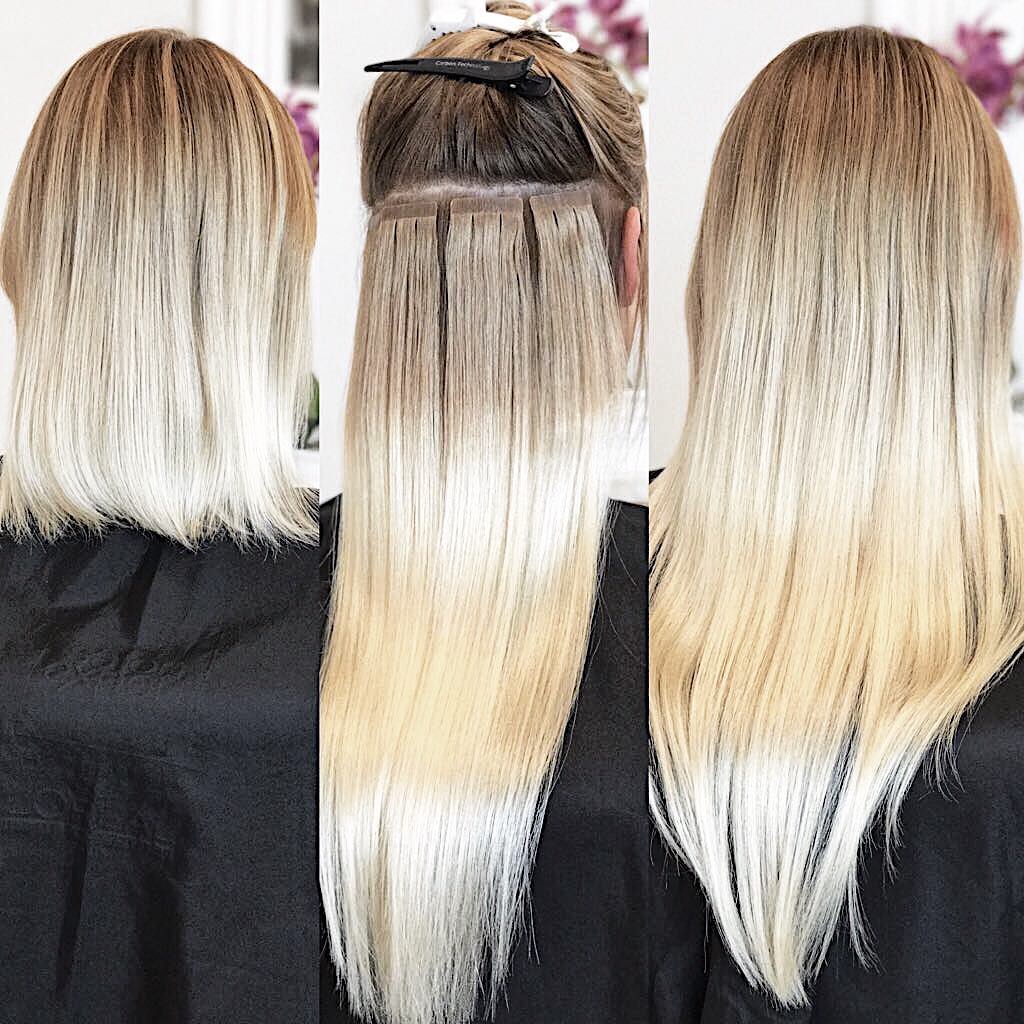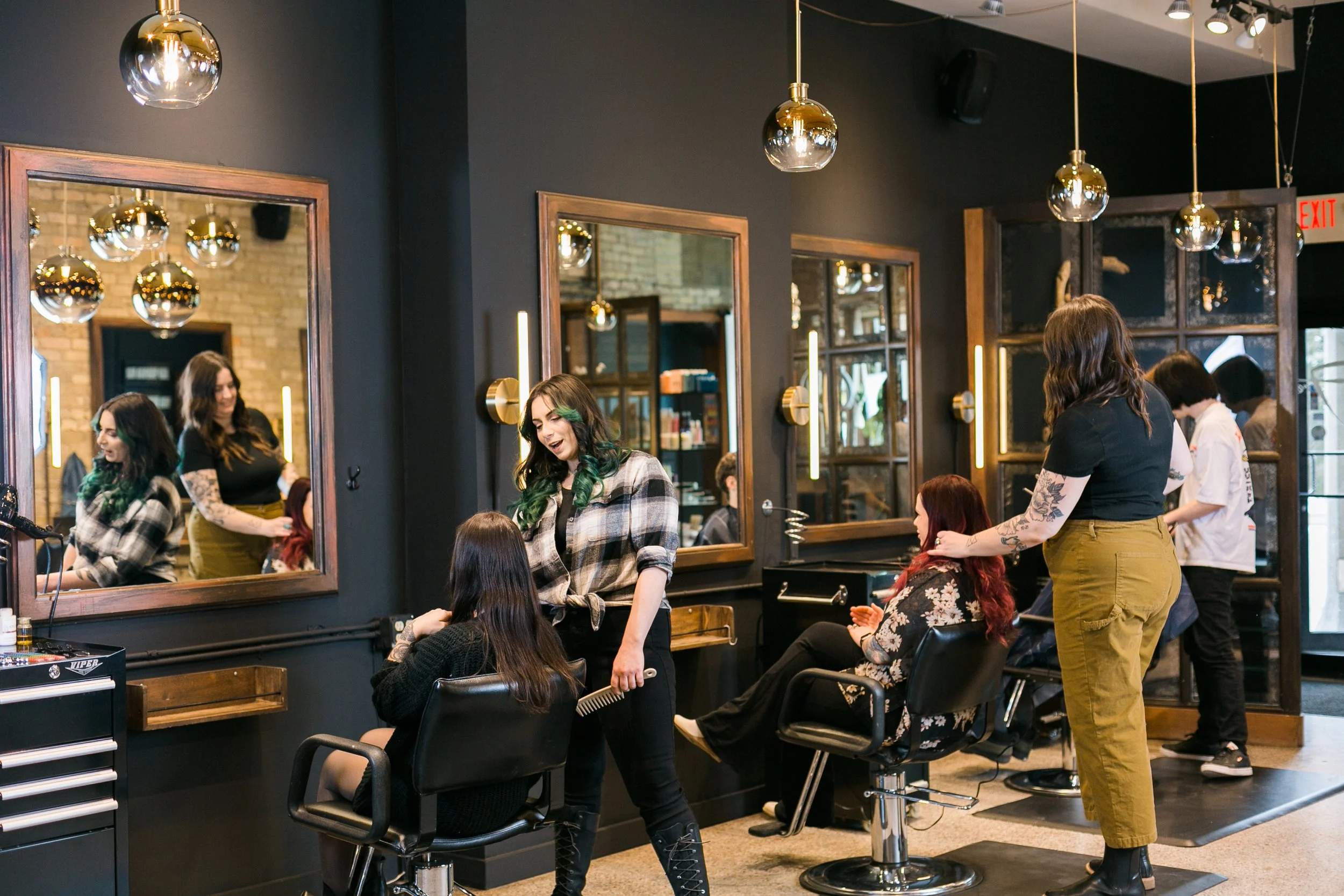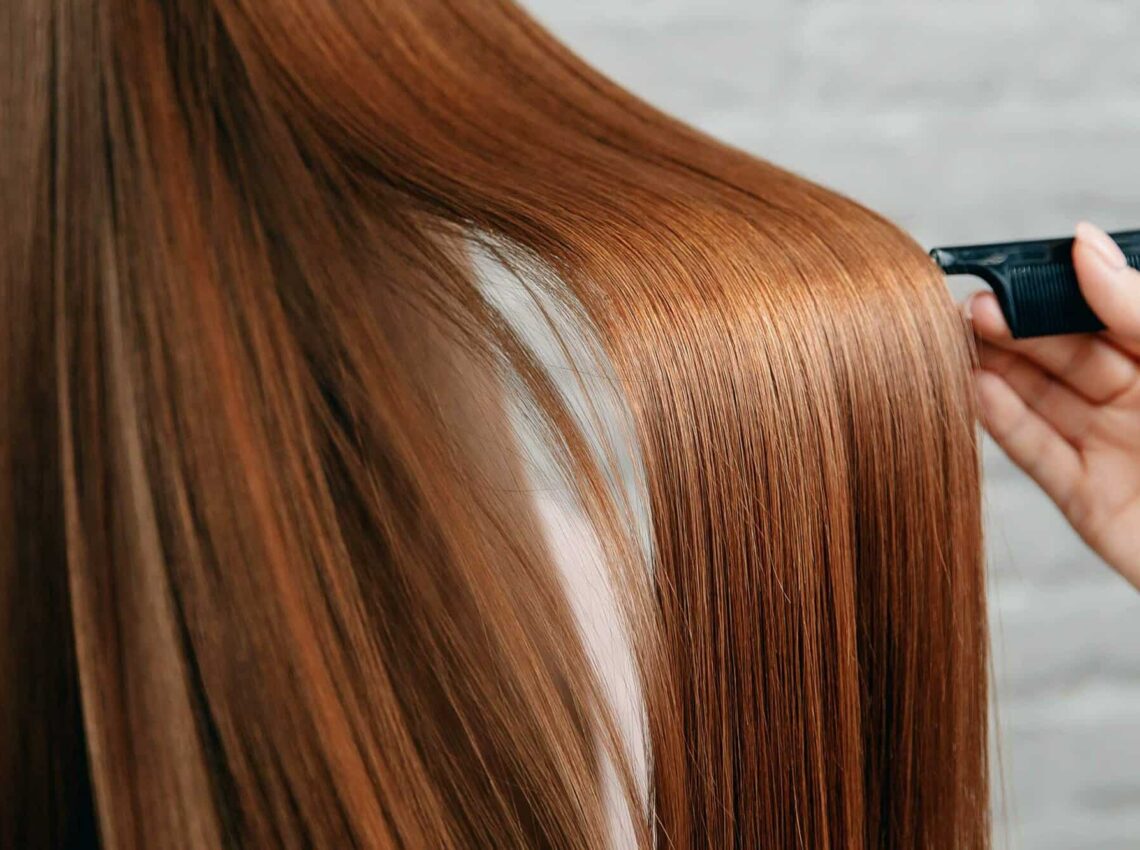Choose the Right Hair Extensions: Human vs. Synthetic
If you're considering hair extensions, you're already a step closer to transforming your look. But the critical question remains: human hair or synthetic hair? Here's my stance: choose human hair extensions1 if you prioritize a natural look and feel, long-term use, and the versatility of styling with heat tools. On the other hand, synthetic hair extensions2 win if you're on a budget, need a low-maintenance option for occasional wear, or want a specific pre-styled look without the fuss. Let me share more insights to help you decide.
Are Synthetic or Human Hair Extensions Better?
In my journey as a salon owner, I often guide clients through this vital choice. Human hair extensions, like those we offer at Plucharm Hair, are unrivaled in their authenticity. They mimic the movement and feel of natural hair, making them almost indistinguishable from your own. On the flip side, synthetic hair extensions2 are perfect for clients who prioritize affordability and simplicity and don't mind sacrificing some realism.
Dive Deeper
The versatility of human hair extensions1 is a game-changer. My clients adore the ability to customize their looks daily, whether by using curling irons or flat irons. Human hair can be dyed or highlighted to achieve any desired shade, offering an unparalleled degree of personalization.
However, synthetic extensions come pre-styled — they've got that 'woke up like this' vibe down to a science. Perfect for last-minute invites or if you're not one to fuss over your mane each morning. But remember, their lifespan is generally shorter compared to human hair, and excessive heat styling can damage synthetic fibers, leaving you with a frazzled mess.
Comparison Table: Human vs. Synthetic Hair Extensions
| Feature | Human Hair | Synthetic Hair |
|---|---|---|
| Appearance | Natural with complete realism | Pre-styled and shiny in certain lights |
| Styling | Can be styled with heat tools, dyed | Limited to no heat styling |
| Longevity | Up to a year or longer with proper care | Usually 1-3 months |
| Cost | Higher, but worth the investment | Budget-friendly |
How Do I Know What Hair Extensions to Get?
Selecting the right type of extensions boils down to understanding your needs and lifestyle. Think about your routine: Do you relish styling your hair daily, or do you prefer quick fixes?
Dive Deeper
In my experience, lifestyle plays a massive role. My client, Sarah, a busy real estate agent, absolutely benefits from synthetic extensions. They provide her with a full-bodied look with minimal effort—perfect for her morning rush. Meanwhile, Emily, an Instagram influencer, swears by our Plucharm Hair human extensions for their flexibility and natural appeal, essential for her ever-changing photo shoots.
Consider also how often you wear extensions. Synthetic hair is excellent for occasional wear, like that unexpected wedding invite. In contrast, human hair works better for daily wearers or those committed to maintaining color consistency.
Pro Tip: If you're undecided, consult a stylist (like one at Plucharm Hair) for a personal recommendation tailored to your daily habits and goals.
What is the Best Quality Hair for Extensions?
Quality is non-negotiable, especially when we talk about hair extensions designed to elevate your brand's aesthetic appeal.
Dive Deeper
The apex in extension quality is virgin human hair3. Virgin hair has never been processed, offering each strand's natural alignment, untouched cuticle integrity, and dazzling durability. With over a decade in the hair industry via Plucharm Hair, I've seen firsthand how quality can elevate a client's look and confidence.
Take Brand A, which also offers virgin hair, ensuring enhanced manufacturer's reliability and consistency. Brand B focuses on remy hair4, which maintains cuticles' one-direction alignment, reducing tangling and matting over time. But at Plucharm Hair, we believe aligning cuticle direction isn't enough—we source untouched virgin hair for the ultimate luxury experience.
Did you know? Properly maintained virgin hair extensions can last over a year, while poorly maintained or lower-quality hair can show wear after just a few months.
How Long Do Synthetic Hair Extensions Last?
On average, synthetic hair extensions2 have a lifespan of 1-3 months, contingent on factors such as frequency of use and the level of care.
Dive Deeper
Synthetic extensions require a particular care regimen. Using cold water and specific synthetic hair shampoos extends their life. Avoid heat styling at all costs—unlike human hair, synthetic material is less resilient to curling and straightening.
Furthermore, consider the brands with top ratings. Brand X provides longevity that challenges some human hair extensions1 if maintained correctly. But—even with impeccable care—there will always remain a ceiling that they cannot surpass: that genuine, seamless blend only human hair offers.
Expert Insight: Synthetic options are stepping stones for those wishing to delve into the world of hair extensions without diving headlong into an upfront expense.
Conclusion
Your choice between human and synthetic hair extensions2 should ultimately reflect your unique lifestyle, budget, and style aspirations. Each option presents merits and drawbacks. Human hair extensions offer a luxurious, enduring investment, transforming your daily routine with limitless styling options. Meanwhile, synthetic extensions cater to those wanting focal, cost-effective, and time-efficient solutions.
At Plucharm Hair, we value this choice as a starting point for self-expression and aesthetic exploration—set against the framework of your personal needs. Choose wisely, and transform confidently!
-
Explore the advantages of human hair extensions for a natural look and styling versatility. ↩ ↩ ↩
-
Learn about the affordability and maintenance of synthetic hair extensions for occasional use. ↩ ↩ ↩ ↩
-
Discover why virgin human hair is considered the highest quality for extensions and its benefits. ↩
-
Understand the differences between remy and virgin hair to make an informed choice for extensions. ↩




[^1] Elegant close-up of a woman confidently flaunting her new [human hair extensions](https://www.facettemedicalspa.com/benefits-hair-extensions/)[^1]](https://img.recraft.ai/C2eG4gefrQt4YDIAIUU-_MBK3Z10OyVDrcCEkuWZXOs/rs:fit:1024:1024:0/raw:1/plain/abs://external/images/eabc5c02-ad07-4633-8db0-a137ac16d4bf)
